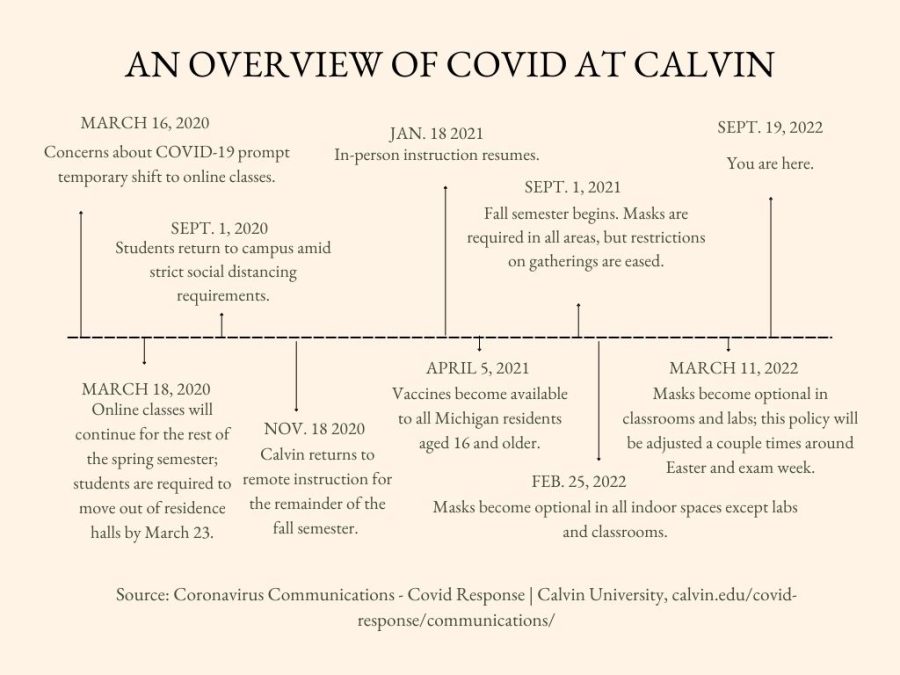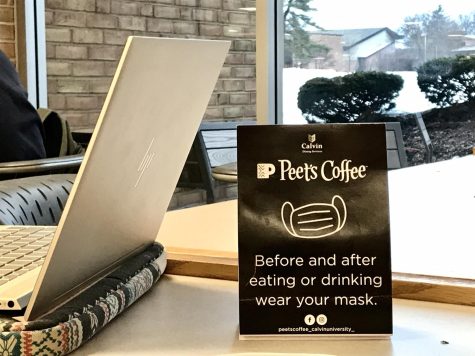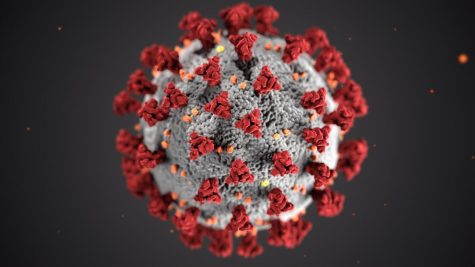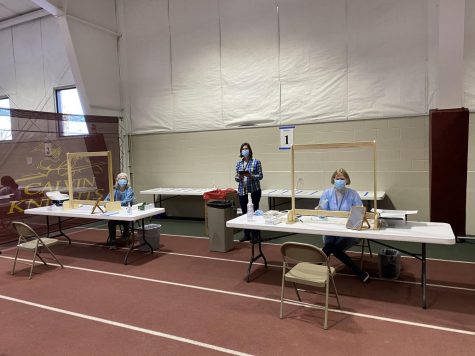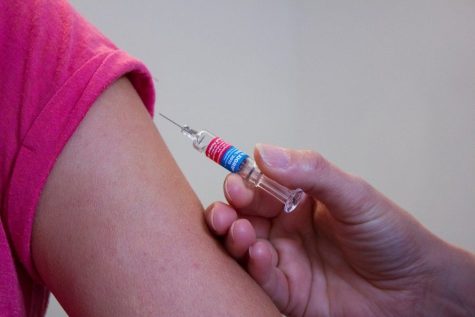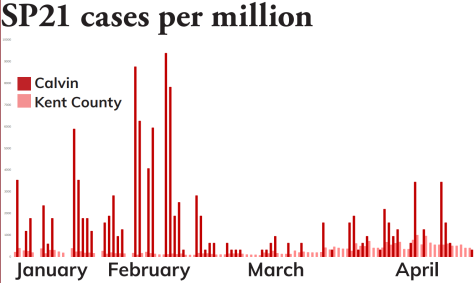With no COVID restrictions, campus navigates new normal
For the first time since March 2020, Calvin students have returned to campus without any major COVID-related restrictions; however, COVID-related considerations continue to affect campus life.
Most upperclassmen have spent more than half of their college experience under strict COVID guidelines, which limited the kinds of campus engagement that were possible. Over the past two and a half years, many major campus events have been canceled or postponed, and informal student interaction also took a hit. Senior Kai Barboza says the latter still hasn’t quite recovered.
“I remember my freshman year before COVID, Johnny’s was just packed … I think we’re slowly building back up to that, but it’s definitely something completely different,” Barboza said.
While informal events and activities may take more time, the student response to organized events has bounced back quickly.
“Last year, ticket sales were really, really strong actually. … I think students were hungry for social engagement and interaction,” said John Britton, associate dean of campus involvement and leadership.
Demand for student life activities is increasing, but the supply of student employees in these areas has declined.
According to Britton, COVID may have contributed to ongoing issues in recruiting for orientation, dorm and campus leadership positions.
“There have been some challenges to recruiting leaders, and I think it goes back to students not having that experience they can point to,” he said.
The situation has created a knowledge gap for students who work in event-related departments. Barboza has worked on Calvin’s tech crew running sound systems for events since 2019. He and a few other current seniors continued to work during the pandemic, but there were relatively few new hires.
“We’re finally hiring more people … my sophomore year was like, ‘Why do we need to hire people? We have one event a week,’” Barboza said.
Barboza is optimistic about the new hires, but there is pressure to ensure that younger students receive all the skills and knowledge they need from graduating seniors. After this year’s graduation, many of his coworkers—whether sophomores, juniors or rising seniors—will have only a year of experience.
The return of student events does not mean COVID is gone.
“We’ve had around 50 cases since the beginning of the academic year,” said John Witte, dean of students. Because regular testing and reporting is not mandatory, that count may be incomplete.
Currently, students are required to self-isolate for five days following a positive test, though close contacts are also strongly encouraged to isolate. Calvin continues to provide dorm spaces and meal delivery for students who find themselves in either of these situations.
Masks are not required in most on-campus spaces except for five days following a mandatory isolation period, though some professors have their own policies regarding masks in their classrooms.
Alisa Tigchelaar, professor of Spanish, is a primary caregiver for her father, who is elderly and immunocompromised. She has asked that her students wear a mask or sit near the back of the classroom.
“It’s something I was really nervous about, because I’m asking people to do something that is not a rule of the school to help out my family … also because, to some extent, mask wearing has become politicized,” Tigchelaar said.
However, she said student responses have been encouraging, with most students remembering a mask and wearing it correctly. Tigchelaar is grateful for students’ cooperation.
“It’s been immensely supportive to be embraced by my students in this way: that they mask up, and that they’ve been so wonderful about it,” said Tigchelaar.
At this point, Calvin is not considering a return to masking requirements “barring some new, more dangerous and infectious variant or something like that,” said Witte.
Witte urges students to get tested and isolate when sick, to avoid close contact with other people when not feeling well and to report positive cases to the university.
“Whether it’s a cold, the flu, COVID, or something else, no one wants to get exposed from others when it can be avoided,” Witte said.




